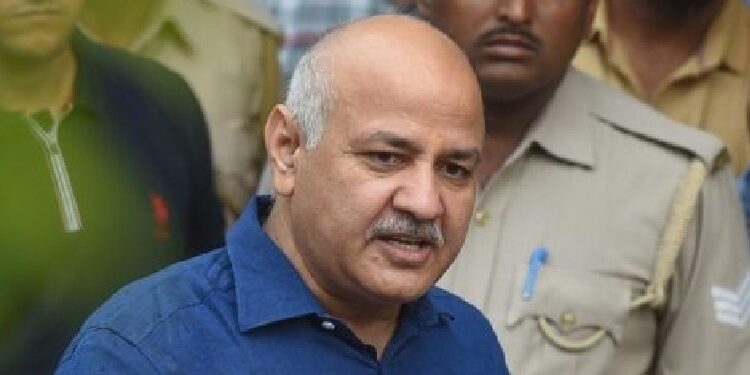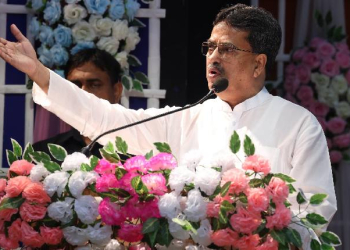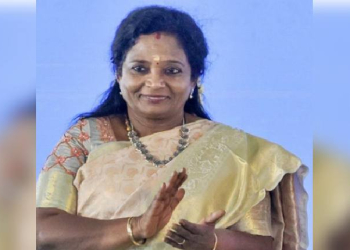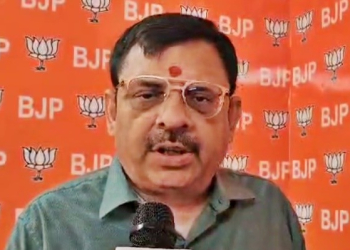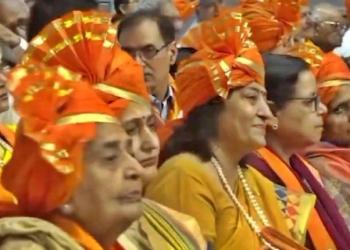New Delhi: Former Delhi Deputy Chief Minister Manish Sisodia on Wednesday withdrew his interim bail pleas filed before the Delhi High Court in connection with the corruption and money laundering cases being probed by the CBI and ED related to the excise policy.
The bench of Justice Dinesh Kumar Sharma said: “Noting that the condition of the petitioner’s wife has improved and is stable, the interim applications are dismissed as withdrawn.”
The senior AAP leader had moved the high court on April 3, seeking interim bail in the case on the grounds of his wife’s illness.
The same single-judge bench had on May 11 directed the jail superintendent to provide Sisodia with a video conferencing facility to speak to his wife every alternate day between 3-4 p.m. as per prison rules, till the disposal of the bail plea.
Additional Solicitor General S. V. Raju said he had earlier argued suppression as it was not mentioned in the application that the wife was discharged.
He added that the applications were being withdrawn due to his contention regarding suppression.
“This is not a simple withdrawal,” Raju said.
The court, however, said that without going into any such contention, the application is dismissed as withdrawn.
Appearing for Sisodia, Senior Advocate Mohit Mathur while resuming arguments on his client’s regular bail plea in the money laundering case, said the general rule is that bail has to be granted.
A Delhi court on Tuesday extended Sisodia’s judicial custody till June 1 in the case being investigated by the Enforcement Directorate.
The jail authorities were also directed to consider his request to provide him a chair and table for study purposes.
On May 12, the court extended Sisodia’s judicial custody till June 2, in the case being probed by the Central Bureau of Investigation.
The ED had arrested Sisodia on March 9, after the CBI arrested him on February 26 this year.
Last month, Special Judge M.K. Nagpal had denied bail to the AAP leader holding that the evidence, prima facie, “speaks volumes” of his involvement in the commission of the offence.
(IANS)


